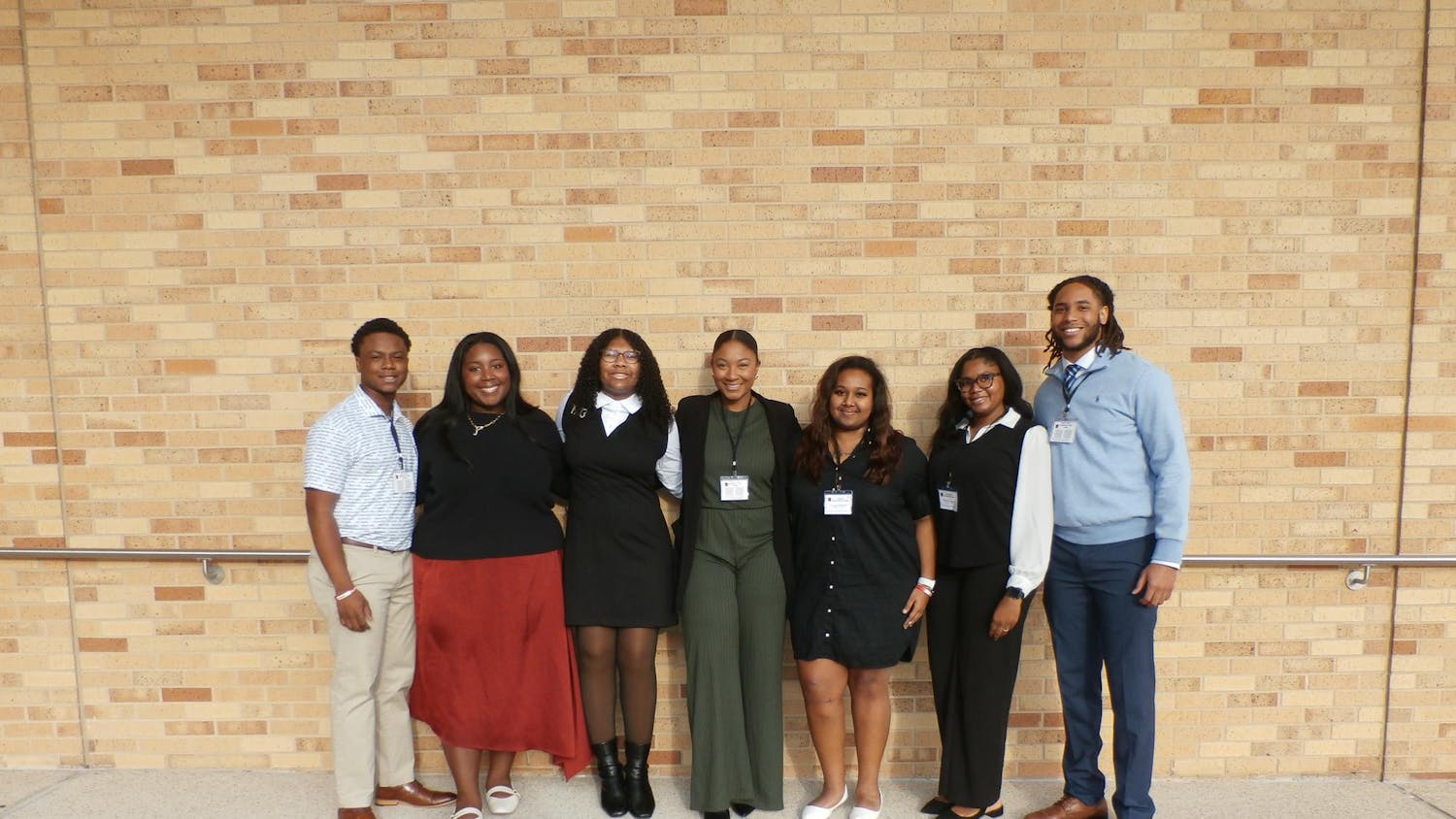The "Bang, Bang Tour of Europe," named for the vast amount of traveling in a short amount of time, is a one-of-a-kind study abroad that allows students to plan the trip they would like to experience.
"I developed (The European Study Abroad Experience) to show students a very different way of living," said Martin O'Neill, department head of nutrition, dietetics and hospitality. "They experience different economies, different social and political systems and different values."
This year, David Martin, professor in hotel and restaurant management, led the team, which was made up of eight female students.
The College of Human Sciences sponsors the six-credit trip, but any student with a 2.2 GPA and who is at least 19 years old is welcome to take part.
Instead of a regular study abroad program, O'Neill said he would step back and let the students take the lead of planning.
"I am the tourist," O'Neill said. "I am overseeing and guiding the planning to make sure that justice is done with the trip."
His system is so hands off that unlucky group members once walked 1.5 miles in the rain because they turned left instead of right at an intersection, a mistake O'Neill was aware of.
Every week of the spring semester, the students would gather to plan what each day of the trip was going to entail.
Each person would pay $4,500 to go on the trip, and this budget would include flights, hostels and hotels, ground transportation and activities all selected by the students in every city they visited.
The trip is so fast pace, students have to be willing to keep up.
"You make up an agenda for how long you're there, by hour, what you're going to visit, what you're going to eat, what you're going to do, so you are the travel agent," said Sam Fonte, senior in hotel restaurant management.
With each aspect built around the theme of "gourmet tourism," activities could include Michelin star restaurants, cheese and chocolate factories, wine tasting, beer festivals and art galleries: while the cities could include Paris, Florence, Munich, Berlin, Prague and Dublin.
"We don't just go to Paris because the Eiffel Tower is there," O'Neill said. "We go because there are nice restaurants."
Theme is important, but the students were also given flexibility in their schedules for unrelated activities.
"Going to Munich and not going to Dachau would be unforgivable," O'Neill said. "There are times when students are only looking at the theme and not beyond, and members of the team may step in and say 'we can't miss this.'"
Students also have to try not to pack too much into one day, which is usually the biggest problem in planning.
"We went to 12 cities in 28 days," said Jessy Reynolds, senior in hospitality management. "You see all the cites, and then you move onto the next one."
Reynolds said the European tour is good because she knew she wanted the experience of studying abroad, but wasn't sure about being gone for a semester.
"The backpacking trip is a happy medium because it's only a month long," Reynolds said. "You see the most amount of places in a small amount of time, so I thought it would be the most beneficial."
The European study abroad program is one of a kind with no other university offering this type of experience, O'Neill said.
"I would absolutely encourage the trip to anyone who was interested," Reynolds said. "It was the best experience I have ever had."
Fonte recommends going to different places to meet new people and see how they interact with one another first hand.
"That's the whole point of going to a different place or different culture -- to try everything and keep an open mind," Fonte said. "It was the best trip of my life."
Do you like this story? The Plainsman doesn't accept money from tuition or student fees, and we don't charge a subscription fee. But you can donate to support The Plainsman.





